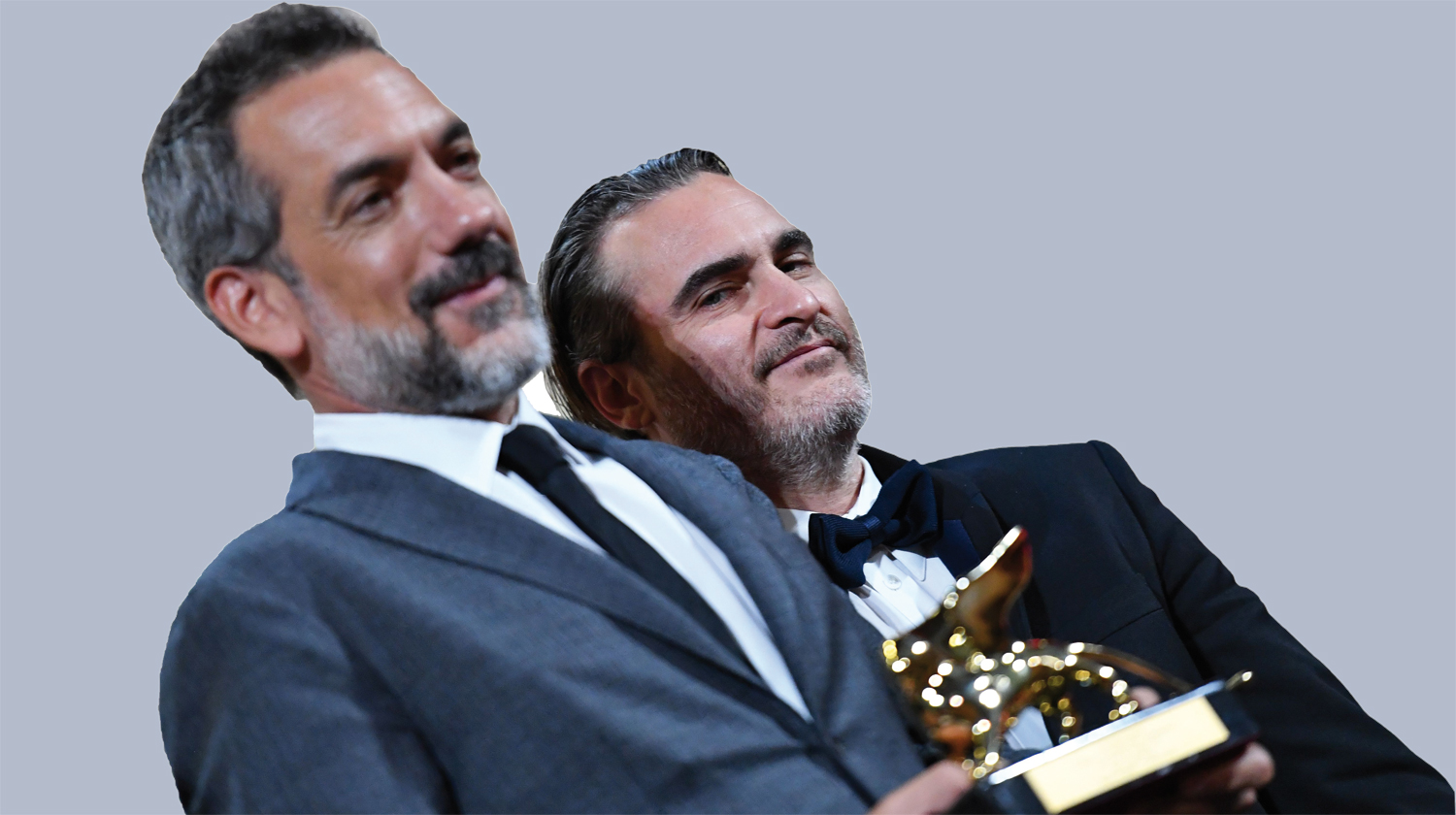

Joker”, a daring take on the comic book villain starring Joaquin Phoenix, won the Golden Lion for best film at the Venice film festival on Saturday with Roman Polanski controversially taking second prize.
His voice shaking emotion, US director Todd Phillips — best known up to now for the slapstick comedy “Very Bad Trip” — paid tribute to Phoenix as “the fiercest and bravest and most open-minded lion that I know.
“Thank you for trusting me with your insane talents,” he said.
The movie, which The Guardian had described as “one of the boldest Hollywood productions for some time”, has already sparked a heated debate.
And there were audible gasps when director Roman Polanski — a pariah in Hollywood after his rape conviction — was handed the Grand Prix second prize for his Dreyfus Affair drama, “An Officer and a Spy”.
‘Irresponsible
propaganda?’
Within hours of the “Joker” premiere, some warned that Phoenix’s full-throttle portrait of a needy, embittered clown who lives with his mother could empower incels (or involuntary celibates) — the angry, misogynist young men who have been blamed for so much far-right and white supremacist violence.
Vanity Fair’s Richard Lawson worried that it was “exhilarating in the most prurient of ways, a snuff film about the death of order, about the rot of a governing ethos.”
He feared that it “may be irresponsible propaganda for the very men it pathologises”.
But most critics disagreed, with Variety’s Owen Gleiberman saying Phoenix has remade Batman’s arch-enemy as a “Method psycho, a troublemaker so intense in his cuckoo hostility that even as you’re gawking at his violence, you still feel his pain.”
Polanski wins
second prize
But almost as many headlines are likely to be made, however, by Polanski’s win, even though a jury of international critics had earlier given his film their top prize.
Having spent most of his life as a fugitive from American justice, he was accused of drawing “obscene” parallels between himself and the persecuted French Jewish army officer Alfred Dreyfus, who was the victim of anti-semitism and a miscarriage of justice around the turn of the 20th century.
Polanski, 86, has been shunned by the big studios for decades after he was convicted of drugging and raping a 13-year-old girl.
His inclusion in the main Venice competition, which included only two female directors, sparked fury from feminists. The French-Polish auteur and Holocaust survivor did not show up at the festival, leaving his wife, French actress Emmanuelle Seigner — who also appears in the film — to pick up his prize to muted applause and a few isolated boos.
The head of the Venice jury, Argentinian director Lucrecia Martel, had earlier to make an embarrassing about-turn after boycotting a gala dinner for Polanski, only to be forced to clarify that she was not prejudiced against his film.
Jagger blasts
Trump, Johnson
In a year fraught with controversy over sexual politics, festival director Alberto Barbera was also accused of being “tone deaf” for his inclusion of a Black Lives Matter drama by the American Nate Parker, who was embroiled in a rape trail while at university, as well as the director’s cut of Gasper Noe’s 2002 rape shocker “Irreversible”. Barbera — who had resolutely defended Polanski — added further fuel to the fire by saying he “wished he had got” Woody Allen’s latest, “A Rainy Day in New York”.
Politics also dominated the awards ceremony with the best actor and actress winners — Italy’s Luca Marinelli (“Martin Eden”) and France’s Ariane Ascaride (“Gloria Mundi”) dedicating their awards to the migrants who “rest forever at the bottom of the Mediterranean sea”. Donald Sutherland, the star of the festival’s closing film, had earlier appealed to reporters to support the migrants cause, while refugees were a central theme of Pink Floyd legend Roger Waters’ concert documentary, “Them + Us”.
The Rolling Stones’ Mick Jagger — who starred in the festival’s closing film, “The Burnt Orange Heresy” — made a rare foray into politics to attack US President Donald Trump for his rudeness, lies and tearing up environmental controls in the US.
He also bewailed “the polarisation and incivility in public life” in his native Britain, pointing the finger at its rookie prime minister, Boris Johnson.
In a big night for African cinema, Sudanese director Amjad Abu Alala won the best first feature for “You Will Die at Twenty”, about a young villager who believes he is condemned to die young and Nigerian Joel Kachi Benson’s virtual reality story “Daughters of Chibok”, told of the pain of the parents of the 276 missing girls abducted by Islamist terror group Boko Haram in 2014. — AFP
Oman Observer is now on the WhatsApp channel. Click here



